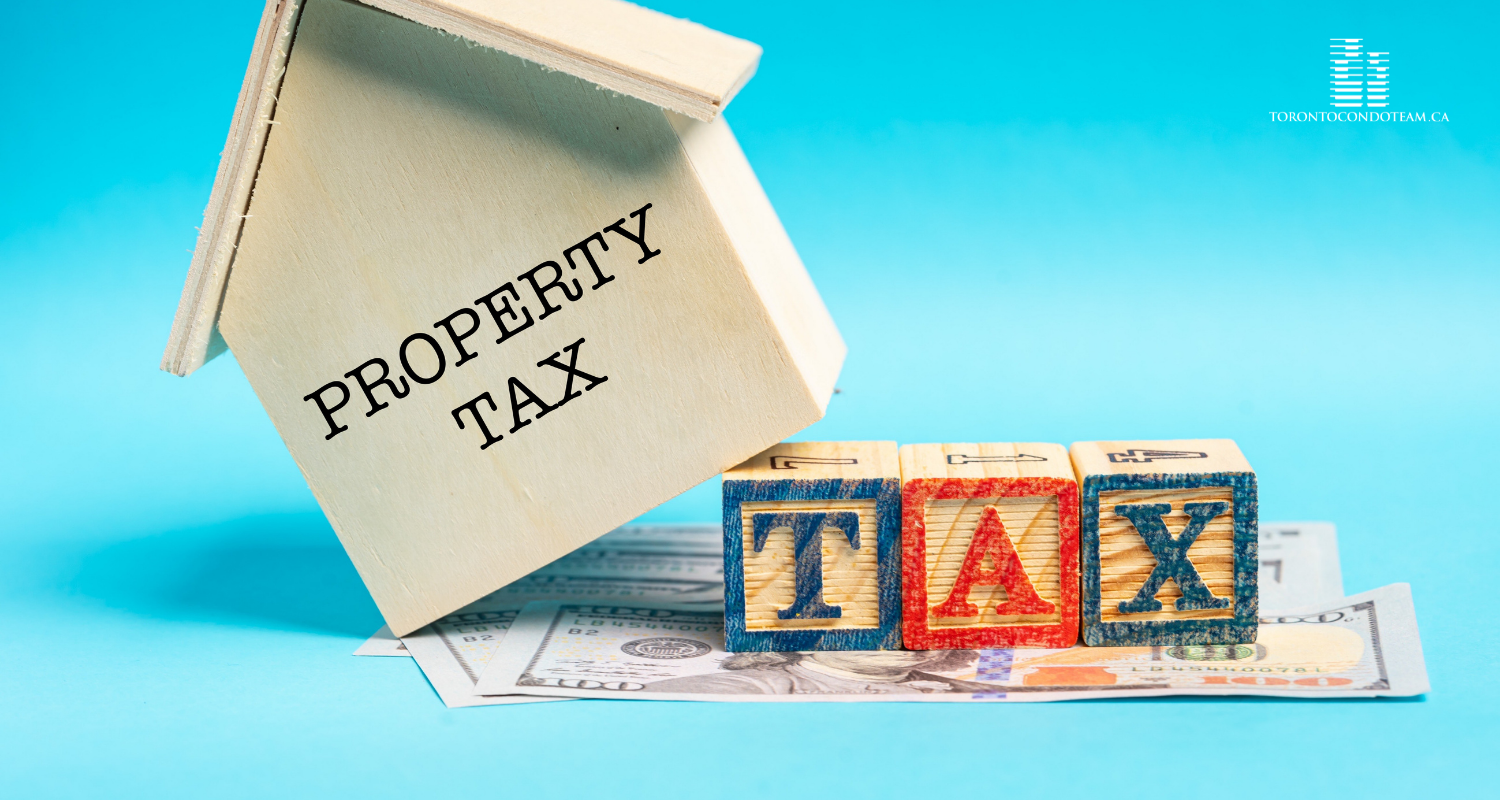Owning a condo in Toronto is a dream that we all share. With the amount of space they offer, world-class amenities and facilities, 24/7 security, and proximity to urban areas, you cannot match the level of luxury available at one's disposal.
Although many buyers are cautious when signing the sales agreement, they ignore other documents, considering them too taxing to understand. Additional fees and taxes, such as prevailing property tax rates, are essential fees to understand to keep you a more informed condo buyer. Let us now focus on the tax rates and the methodology involved in calculating taxes to become a more aware buyer.
What Is A Condo?
The fundamental difference between an apartment and a condo is that condos can offer a much larger space at relatively affordable prices.
Understanding Condo Property Tax Rates
Every home will have a unique property tax rate. You might find it tedious to calculate if you've only lived in rented accommodations before; however, a lesser tax rate can significantly impact your purchase decision as it eases the post-purchasing costs.
How Are Condo Property Taxes Used?
Government agencies utilize the condo property tax to provide essential services in your area. These services range from garbage pickup and maintenance of open public utility spaces to fire protection and sanitation. The tax rate you will be liable to pay varies based on the neighbourhood where you purchase the property.
To arrive at the total amount payable annually, you need to multiply the prevailing tax rate times the current cost of the property. The amount owed to the government decreases with the rise in property cost as overall tax rates for the area go down.
There are several other factors as well that impact taxes. The provincial level for each city in Canada sets the individual tax rates for the area. In Toronto, the lowest prevailing tax rate is around 0.61%. On the other hand, Windsor has the highest tax rate, at approximately 1.81%.
Compared to Toronto, places like Markham and Richmond Hill have the lowest tax rates while having comparatively higher property rates. On the other hand, areas like Oshawa and Orangeville, with lower property rates, have very high tax rates. The higher tax rates in these areas are due to the cost of developing these newer areas, which the government incurs. The tax rates will likely decrease once these areas have the fully developed tag.
Also, it is important to remember that property tax rates may differ with different land use.
You should conduct a proper property assessment to shed more light on the likely tax payable before purchasing the property.
Additional Taxes
Apart from property tax, there are several other taxes to consider and pay when buying a condo in Toronto. These include the Land Transfer Tax and Municipal Tax.
Land Transfer Tax
When you buy land or an interest in land in Ontario, you pay Ontario's Land Transfer Tax. The Land Transfer Tax refers to a fee that each buyer must pay within 30 days of purchasing the property that depends on the value of your property. The 30 days is calculated from your completed transaction.
However, first-time condo buyers of new and re-sale homes are eligible for rebates on provincial and Toronto land transfer taxes. The maximum that first-time home buyers can receive for provincial land transfer tax (LTT) is $2,000 and for the Toronto LTT its $3,725. The buyer is considered to be a first-time buyer for the provincial and Toronto LTT if they are at least 18 years of age and must not have previously owned a home anywhere in the world at anytime
Municipal Tax
In Toronto, you must pay a municipal tax to the municipal corporation. The residential property municipal tax is approximately 0.66% of the house cost, with these rates differing from area to area. The more up-market regions naturally have a higher tax rate.
Before buying a condo in Toronto, you must consider the additional associated taxes and development charges. A proper property assessment will help you better understand the required payments and make an informed purchase decision.
Tax Exemptions When Renting Your Condo
Toronto is a living destination for many working professionals from all over Canada. For this reason, there is high demand for living spaces such as luxurious condos. The income received from rent will be taxed under your personal income tax slap. Moreover, the principal residence exemption does not apply to properties you don't reside in. Otherwise, this tax exemption takes care of capital gains in your residence's property.
At Toronto Condo Team, our dedicated real estate brokers provide excellent services and bridge the gap between prospective clients and their dream condo for sale. Whether you are buying your first condo in Toronto or want to learn more about picking the best neighbourhood, our team works with you throughout the entire process





Post a comment